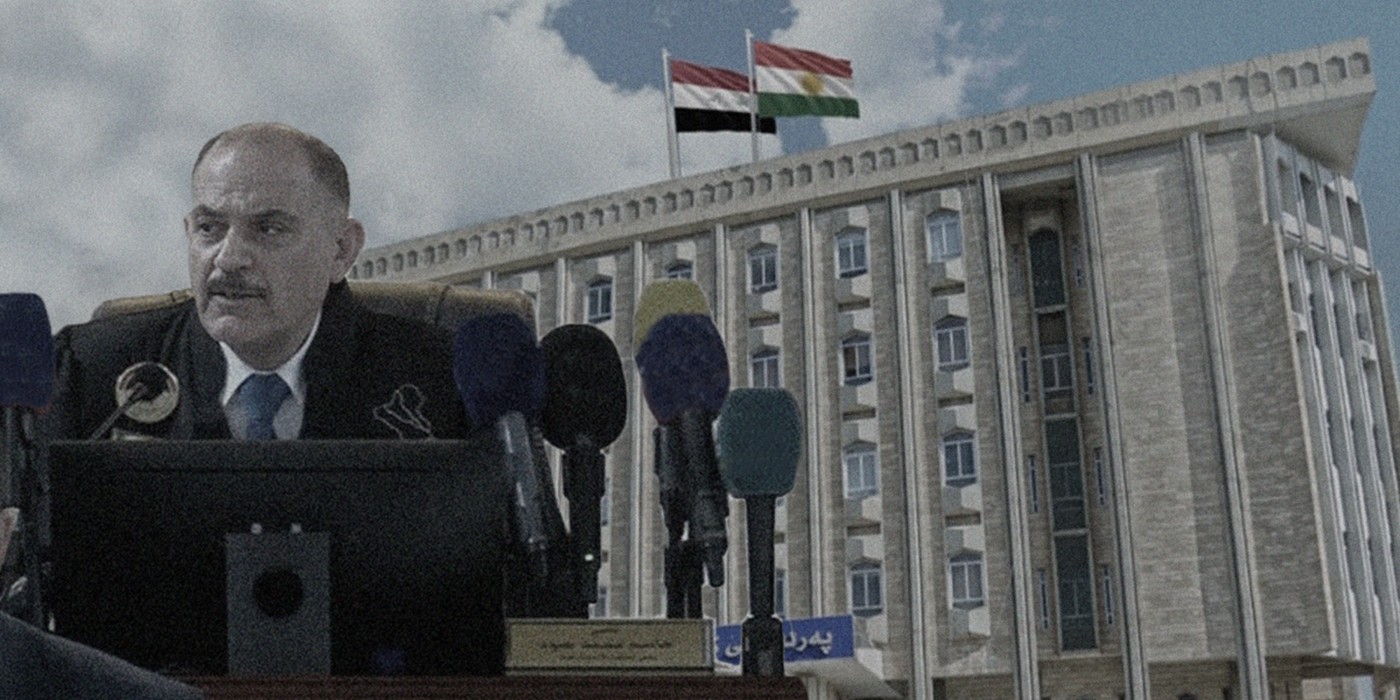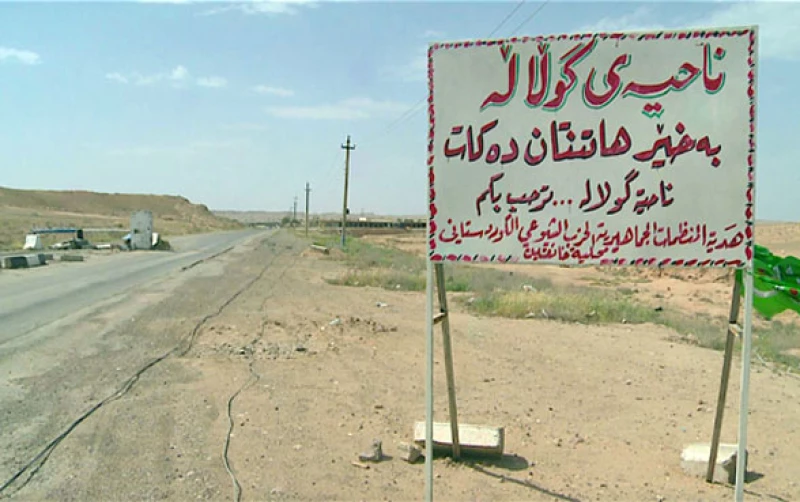ERBIL, Kurdistan Region of Iraq - Following 11 adjourned sessions, Iraq’s top court on Wednesday deemed the Kurdistan Regional Parliament’s minority quota seats “unconstitutional”, reversing the Kurdish legislature from 111 seats back to 100 seats.
The Iraqi Federal Supreme Court on Wednesday met for the twelfth time to discuss a lawsuit filed by the Patriotic Union of Kurdistan (PUK) against the Kurdistan Region’s electoral law.
The court ruled to remove 11 minority quota seats from the Kurdish parliament, stating that the addition of those 11 seats to the 100 seat legislative body was “unconstitutional”.
The lawsuit by the PUK and another Christian party in Sulaimani was filed against several articles from the Kurdistan Region’s electoral law, among them Article 36, which allocated 11 quota seats for minority groups such as Turkmen, Assyrians, Chaldeans, Syriacs, and Armenians.
The PUK had previously claimed that the Kurdistan Region’s ruling Kurdistan Democratic Party (KDP) uses those quota seats for their benefit, increasing their dominance in the parliament. The KDP has on several occasions denied such claims.
The court further ruled that the Iraqi Independent High Electoral Commission (IHEC) was to replace the Kurdistan Region’s electoral commission in organizing and overlooking the electoral process, as well as splitting the Kurdistan Region from one voting constituency to four.
The Kurdistan Region was initially scheduled to hold elections in October 2022, but they were later pushed to November 2023 due to disagreements between the Region’s political parties over the electoral law.
Following a verdict by the court in May 2023 against the Regional parliament’s self-extension of its tenure by one year, the election dates were once again delayed, this time to February 2024, but the electoral process could not be held without a verdict on Wednesday’s case.
The court’s decision in May forbade the former parliament to activate the region’s electoral commission, which led to the Federal commission to step in and lead the elections.
Court’s decision on Kurdistan Region’s salary issues
The court on Wednesday ruled on yet another case regarding the Kurdistan Region. In another part of its session, the court ruled that the Kurdistan Regional Government should hand over all oil and non-oil revenues to Baghdad.
The handover would be part of a process which is meant to eventually let Baghdad nationalize all civil servant salaries, including those of the Kurdistan Region’s civil servants.
With the court’s decision labeled as “binding and final”, the KRG will now have to transfer all civil servant salaries to the Federal Iraqi Bank, through which the federal government is meant to directly pay the Region’s civil servants.
The KRG has for years faced issues paying its civil servants on time due to continuous tensions with Baghdad over the Region’s share of the federal budget and their independent oil sales.
The court directed the Region’s finance ministry to submit a list of the Region’s civil servant salaries to the Federal ministry of finance.



 Facebook
Facebook
 LinkedIn
LinkedIn
 Telegram
Telegram
 X
X


